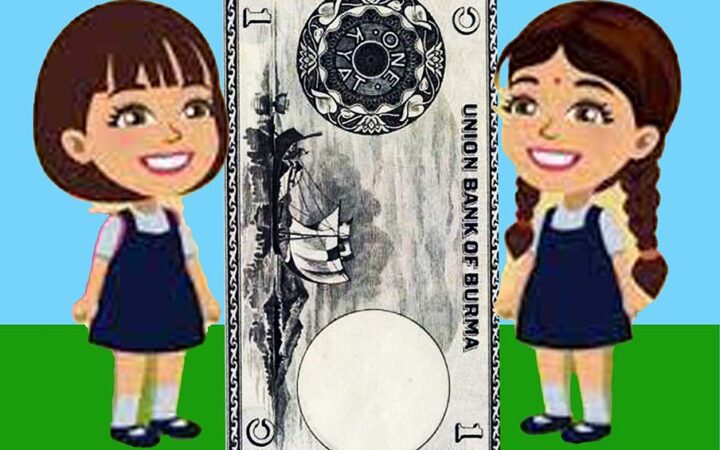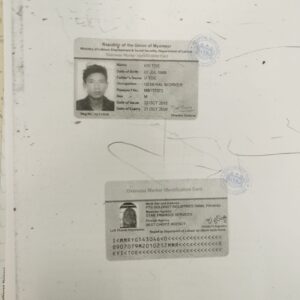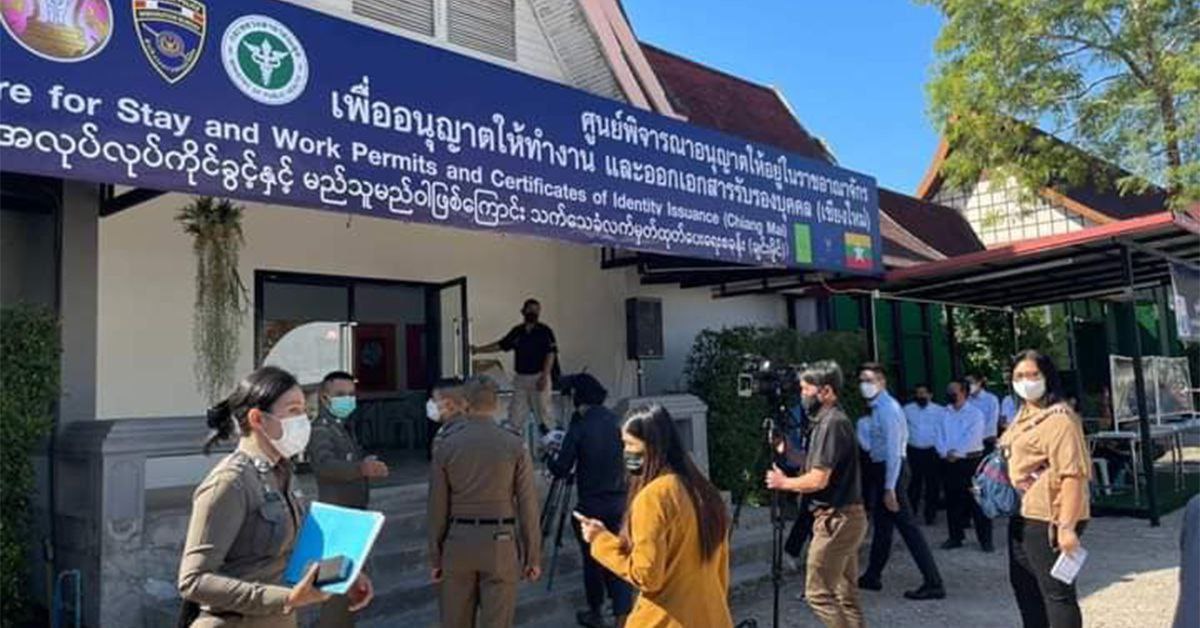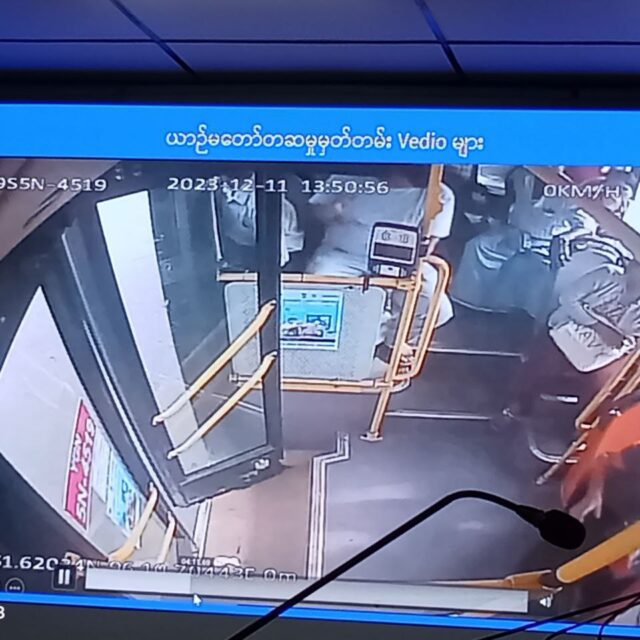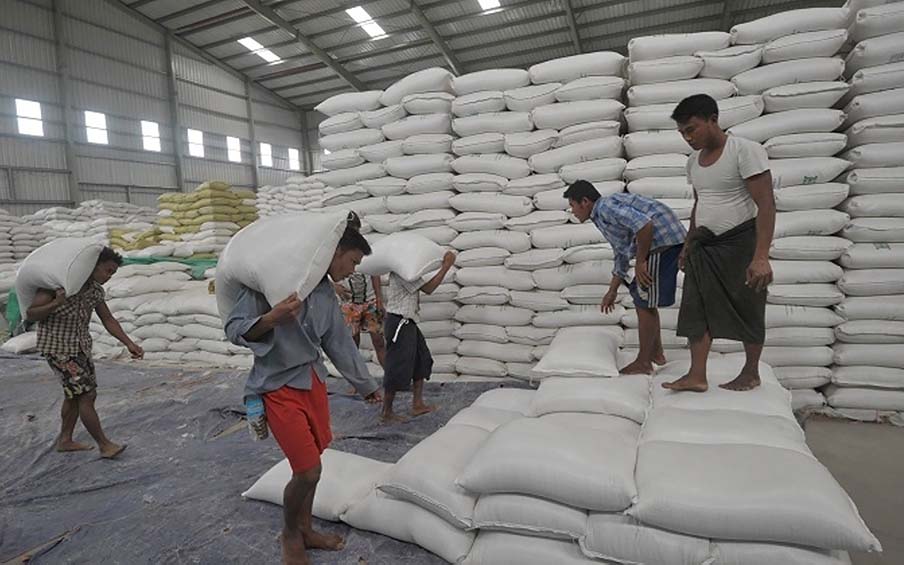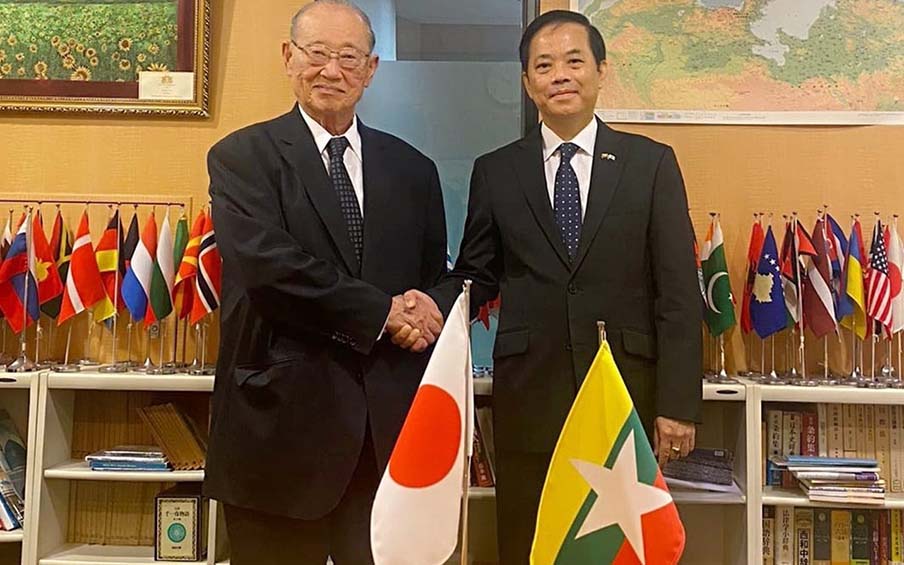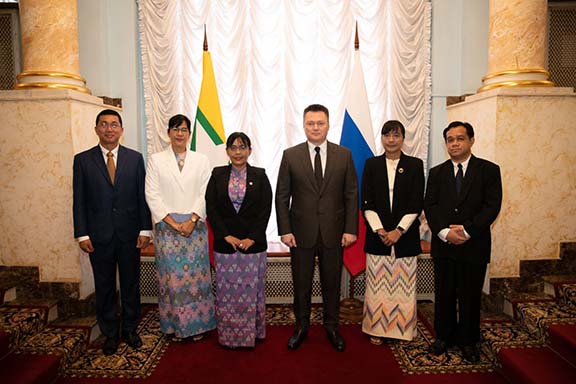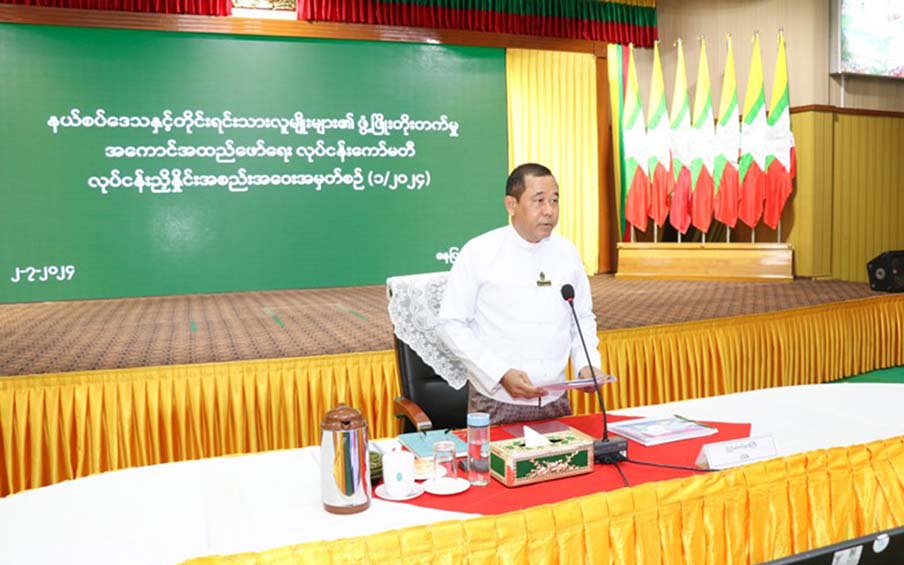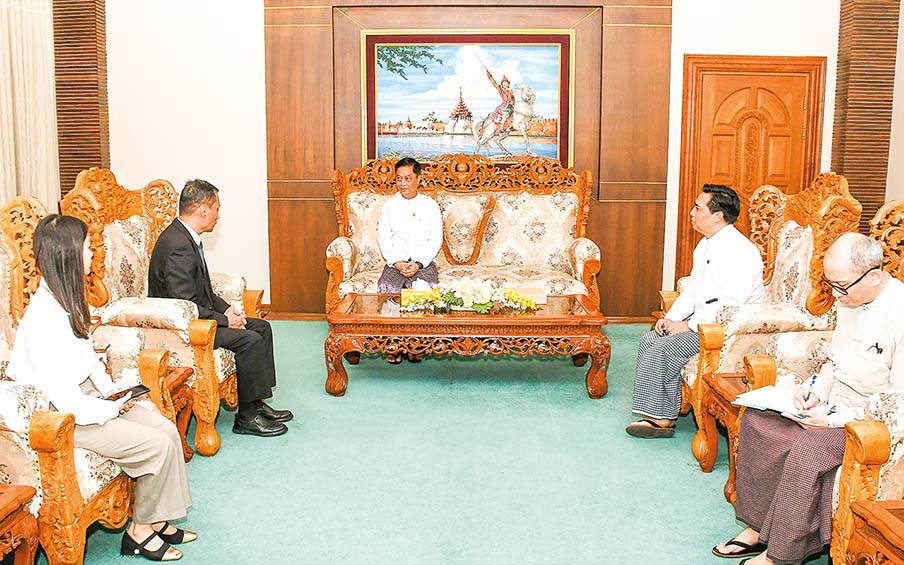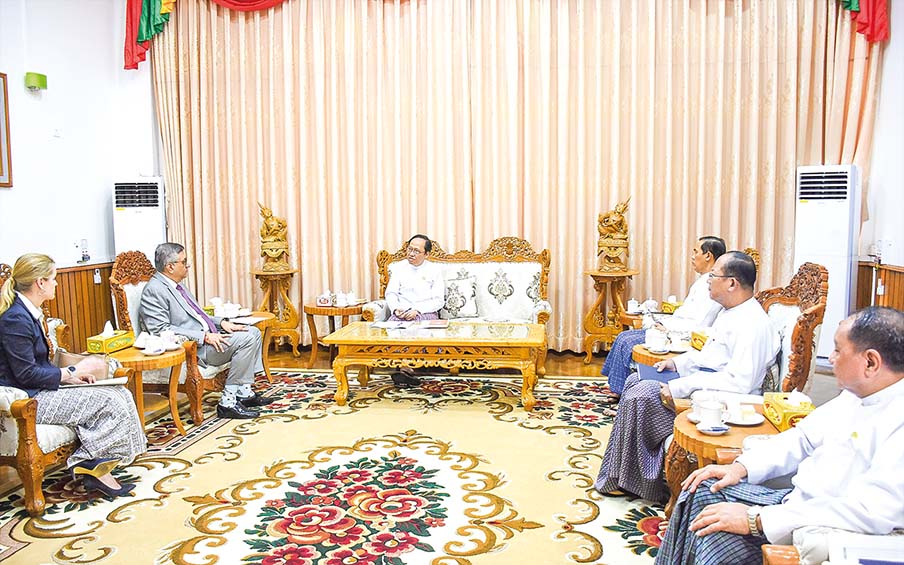I n the corridors of memory, there exists a tale from my Grade II days that unfolds a series of events peppered with innocence, curiosity, and an unexpected life lesson. This narrative, rooted in the seemingly mundane yet profound, revolves around a simple one-kyat note and the impact it left on my sister and me. As we delve into the story, we will explore the dynamics of childhood desires, parental concerns, and the enduring wisdom hidden within seemingly trivial experiences.
In those early years of schooling, my sister and I were accustomed to our mother’s unwavering dedication to our well-being. Pocket money was a luxury we were not granted, as our mother meticulously prepared our snacks—bananas, biscuits, dry cake, groundnut brittle, sesame brittle, and bottles of water. Our school bags, thus, became repositories of health-conscious provisions, eliminating the need to succumb to the allure of the school’s snack stalls during recess.
However, as children often do, my sister and I yearned for a taste of autonomy, a chance to make our own choices and embrace the thrill of decision-making. Our disdain for the snacks our mother provided was not a reflection of their taste but rather a manifestation of our desire to break free from the routine. The solution to our craving for independence came in the form of pocket money—specifically, a one kyat note each.
In today’s digital age, the worth of a one-kyat note might be lost on the younger generation, but for us, it represented a ticket to newfound freedom and a window into the world of possibilities that the school’s snack stalls held. Acquiring this currency, however, was no easy feat. It required enduring our mother’s lengthy lectures, peppered with admonitions about choosing wisely, avoiding dyed foods, and steering clear of anything that flies might rest on. Little did we comprehend the gravity of her warnings about diseases like diarrhoea, dysentery, hepatitis, and jaundice.
Armed with our hard-earned one-kyat notes, we embarked on a journey to the snack stalls, with our sights set on the most crowded one—the domain of ‘Mummy Than.’ Despite the incongruity of the name, Mummy Than was a tall, dainty, and enchanting man, the proprietor of the most sought-after stall in the school. His shop boasted an array of tempting treats, from packs of plum jam and damson to Bouea burmanica, mango, sweet lime, toffee, candy, and other delectable delights.
Standing in front of Mummy Than’s bustling stall, our eyes danced over the tantalizing display, undecided on which treat to choose. The dilemma of making our first independent snack selection left us feeling both excited and bewildered. Eventually, we made our choices, paid Mummy Than with great composure, and left the shop with content smiles, unaware of the unforeseen turn of events awaiting us.
As fate would have it, our elation was short-lived. A stern voice called out to us, accusing us of attempting to evade payment for our chosen snacks. It was Mummy Than himself, and we found ourselves at the receiving end of his wrath. Despite our earnest attempts to explain that we had indeed paid, Mummy Than vehemently rejected our claim, brandishing the very one kyat note we thought we had handed over.
In a stern tone, he admonished us, likening us to “knobbed sticks” and warning of consequences if such an incident recurred. Feeling a mix of shame, embarrassment, and nervousness, we retreated from the snack stalls to seek solace beneath a banyan tree beside the school’s football ground. There, we cried and consoled each other, vowing to keep the incident hidden from our mother.
The passage of time brought with it unexpected twists, and twenty-five years later, life presented me with an intriguing twist of fate. While on night duty in a hospital, an emergency patient arrived in my ward, and to my surprise, it was none other than Mummy Than himself—the same enchanting figure from our childhood, now marked by grey hair and a thinner frame.
As I attended to him, a poignant realization dawned upon me. The one kyat note incident, once a source of embarrassment, had transformed into a valuable life lesson. Mummy Than, in his own way, had imparted wisdom that resonated through the years. His seemingly harsh words and accusations had instilled in us a sense of scepticism, a reminder not to believe anyone blindly until the evidence was in hand.
The one kyat note, a seemingly insignificant sum, had become an investment in a lesson that transcended monetary value. It taught us the importance of discernment, the need to question, and the value of self-reliance. In retrospect, Mummy Than’s actions were not unjust; rather, they were a catalyst for a deeper understanding of life’s complexities.
Reflecting back on that bitter experience from Grade II, I can’t help but think about how Mom, in her caring way, never gave us pocket money for school snacks. She carefully packed our bags with bananas, biscuits, dry cake, groundnut brittle, or sesame brittle, ensuring we had a healthy snack. However, as children, we longed for the thrill of buying snacks ourselves from the school stalls, dismissing Mom’s offerings as too plain. Little did we understand the importance of her concerns about our health.
When, after persistent requests, we finally received one kyat note each as pocket money, it felt like a treasure. Back then, we didn’t fully grasp the value of the currency, and Mom’s lectures about avoiding certain foods for health reasons seemed like distant tales. The recess hour became an exciting time, marching towards the snack stalls with our precious one kyat notes, ready to make our own choices.
The encounter with Mummy Than, the shop owner, marked a turning point. In our inexperienced attempt to buy snacks independently, we faced an embarrassing situation. Mummy Than accused us of not paying, and though we showed him the one kyat note, he insisted otherwise. The embarrassment and scolding left us shy and nervous, seeking solace under a banyan tree where we made a pact to keep it a secret from Mom.
Twenty-five years later, as fate would have it, Mummy Than turned out to be an emergency patient in the hospital where I was on night duty. His grey hair and thinner figure made me recall that one kyat incident. Surprisingly, I found a valuable lesson in that bitter memory. Mummy Than, in his own way, had taught us a practical lesson about trust and believing in actions rather than words. It made me realize the worth of that one kyat lesson, an invaluable investment in shaping our approach towards life.
While the experience was bitter at the time, it served as a lifelong lesson, guiding us not to trust blindly and emphasizing the importance of practical experiences over mere words. The seemingly insignificant one-kyat note turned out to be a priceless investment in shaping our perspective on trust and actions.
In addition, the one kyat note lesson stands as a testament to the transformative power hidden within seemingly ordinary experiences. It serves as a reminder that wisdom can emerge from unexpected sources, and the value of a lesson transcends the apparent triviality of its origins. As we navigate the complexities of life, may we carry with us the echoes of our one kyat note lesson—a journey through innocence, mistakes, and the profound wisdom that weaves its way through the tapestry of our lives.
The lesson learned from that was that a minimal amount of money extended far beyond the confines of snack stalls and childhood follies. It became a guiding principle, urging us to approach life with measured scepticism, to question assumptions, and to withhold trust until actions spoke louder than words. The experience, initially a small snag in our journey, had laid the foundation for navigating the larger snags that awaited us as we ascended the ladder of life experience.

